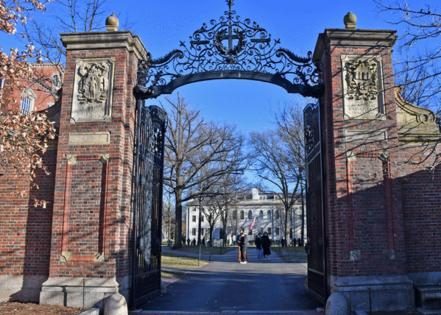Editorial: Ideological diversion treated as a social risk
Published in Op Eds
Critics have long contended that the progressive authoritarianism dominating college campuses is antithetical to open discourse and intellectual growth. A study confirms those suspicions.
Researchers at Northwestern recently announced the results of a two-year study in which they conducted interviews with more than 1,400 students on their own campus and at the University of Michigan. The issue: What happens to identity formation when belief is replaced by adherence to orthodoxy?
The researchers, who specialize in clinical and applied psychology, asked participants: Have you ever pretended to hold more progressive views than you truly endorse to succeed socially or academically? Nearly 90 percent said they had.
Other troubling findings: “Seventy-eight percent of students told us they self-censor on their beliefs surrounding gender identity; 72% on politics; 68% on family values,” study authors Forrest Romm and Kevin Waldman wrote in an op-ed for The Hill.
“More than 80% said they had submitted classwork that misrepresented their views in order to align with professors.”
The good news is that many students apparently don’t believe all the woke nonsense they’re fed on campus. The bad news is that they’re cowed into keeping silent so as not to incur the wrath of the progressive mob. For instance, “77% said they disagreed with the idea that gender identity should override biological sex in such domains as sports, health care or public data — but would never voice that disagreement aloud.”
This “performative reality,” the authors note, comes at a high cost. Rather than feeling free to engage in debate or an exchange of ideas, a necessity for academic development, they go along to avoid being ostracized. “When belief is prescriptive, and ideological divergence is treated as social risk, the integrative process stalls,” the authors write.
“Rather than forging a durable sense of self through trial, error and reflection, students learn to compartmentalize. … This split between outer presentation and inner conviction not only fragments identity but arrests its development.”
In other words, craven school administrators have abandoned the principles that once defined the purpose of a college education in favor of a destructive ideology that demands not free and rational inquiry but a mindless adherence to intellectual obedience.
“Universities often justify these dynamics in the name of inclusion,” Romm and Waldman noted. “But inclusion that demands dishonesty is not ensuring psychological safety — it is sanctioning self-abandonment. In attempting to engineer moral unity, higher education has mistaken consensus for growth and compliance for care.”
The rot is from within. Its cure will require the adults in the system to rediscover higher education’s traditional values.
_____
©2025 Las Vegas Review-Journal. Visit reviewjournal.com.. Distributed by Tribune Content Agency, LLC.
























































Comments